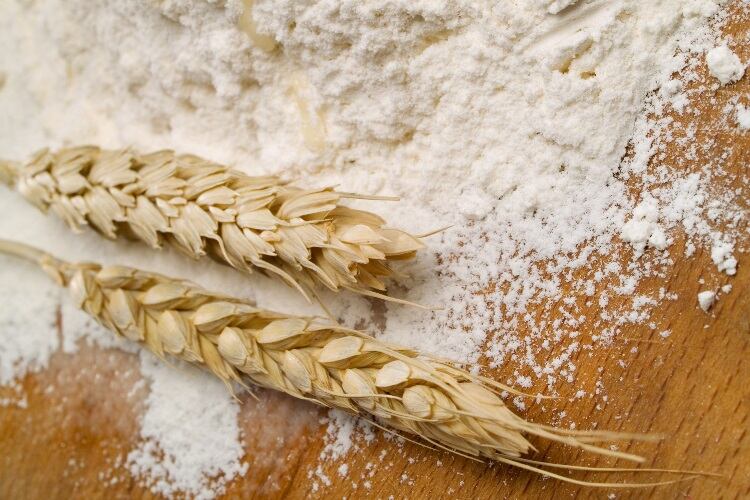It is a well-known fact that breads, buns and pastries become moldy over time, and lose their flavor and texture.
To combat this, bread dough was left to ferment for a long time ahead of baking. This process led to organic acids occurring naturally in the dough, which ensured a longer shelf life.
But this presented a challenge for time-strapped producers who needed faster preservation methods.
So, chemical preservatives were added to slow the deterioration of baked products.
However, this brought its own challenges with today’s consumers, who are placing higher emphasis on natural and ‘clean label’ ingredients.
BakeryandSnacks recently reported a story that perfectly illustrates this: Diamond Foods is facing its second class action lawsuit alleging its ‘natural’ Kettle chips marketing stance is false as the chips contain a synthetic preservative.
Think preservative, act natural
With this in mind, LCI has developed Cereclean, which producers can add to their bakery products with the reassurance it is a 100% ‘clean label’ yet providing the same results as chemical preservatives like calcium propionate (additive E282), potassium sorbate (additive E202) or alcohol.
According to the company, the fermented wheat flour uses a controlled fermentation process to produce naturally occurring organic acids, which keep bakery products fresher for longer, without any loss of flavor or texture.
The advantage of Cereclean, however, is that fermented wheat flour can be listed on the ingredient list.
“Cereclean again demonstrates our expertise in functional flours and bread-making: [it] has the advantage of being more effective than the preservatives commonly used on the market today, for long shelf life, whilst being 100% ‘clean label’,” said Pauline Arramy, bakery market manager at LCI.
LCI is a subsidiary of Limagrain, an agricultural cooperative group that is the fourth largest seed company in the world and the second largest French baker.
The company – which posted a turnover of more than €100m last year – transforms more than 2000,000 tons of cereals annually into functional cereal ingredients for the bakery, snacks, breakfast cereals, ready meals, dairy products and nutrition sectors.
The company has more than 250 employees and six production sites.


